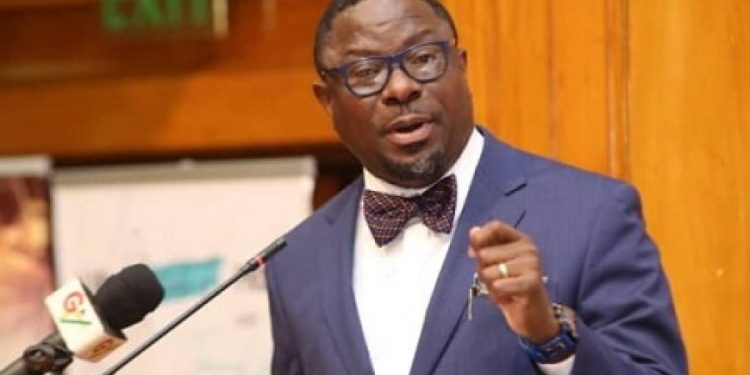AGI President Warns of Ghana’s Economic Fragility Amid New U.S. Tariffs
Ghana’s industrial base remains structurally weak and ill-prepared for external shocks, the President of the Association of Ghana Industries (AGI), Dr. Humphrey Ayim-Darke, has warned, citing the new 10% U.S. tariff on Ghanaian exports, including cocoa, as a further strain on the country’s economic resilience.
Speaking on Joy News, Dr. Ayim-Darke argued that the ineffectual implementation of Ghana’s local content policies has left the economy overly reliant on imports, despite repeated pledges by successive governments to prioritise industrialisation.
“We are concerned with this rhetoric,” he said. “There has been a lot of discussion around recalibrating the system to take advantage of crises, but structurally, very little has changed.”
A Missed Opportunity for Industrialisation
Dr. Ayim-Darke pointed to the COVID-19 pandemic as a case study in missed opportunities, contending that the crisis should have been a catalyst for reshaping Ghana’s manufacturing base.
“The case of COVID showed us one clear example,” he noted. “But how did we execute the fallout of COVID, and how did we deliberately promote local manufacturing companies? How many companies can we count beyond that?”
While Ghana has local content legislation, Dr. Ayim-Darke argued that its enforcement remains weak. He referenced efforts in the energy sector, where authorities encouraged local production of cables, conductors, and meter assembly plants in collaboration with the Electricity Company of Ghana (ECG). Yet, he questioned the long-term effectiveness of these measures.
“We even have a local content law, and ECG was cooperative in encouraging meter assembly plants to come to Ghana,” he said. “But beyond that, how far has this been successful?”
New U.S. Tariffs and Ghana’s Vulnerability to External Shocks
The AGI President’s remarks come as the Biden administration introduces a 10% tariff on Ghanaian exports, including cocoa products—a move that could have significant repercussions for the country’s trade balance and foreign exchange earnings.
“This is one clear case of an external factor. How do we manage it? How do we mitigate it?” he asked.
While Ghanaian officials have expressed optimism that the economy can adapt to these headwinds, Dr. Ayim-Darke was sceptical, warning that without structural reforms, Ghana’s economic vulnerability will persist.
“The assurances from government are not enough,” he cautioned. “There are fundamental obstacles in these structural reforms that must be addressed to build internal capacity.”
Moving Beyond Political Rhetoric
Dr. Ayim-Darke concluded with a pointed criticism of government narratives on economic transformation, arguing that without tangible reforms, policy statements would remain little more than political rhetoric.
“Even with this Liberation Day declaration, it’s full of talk,” he said. “What we need is deliberate execution, not just declarations.”
His remarks underscore growing concern among business leaders over Ghana’s persistent dependence on imports, the slow pace of industrialisation, and the economy’s exposure to external pressures, all of which continue to raise questions about the country’s long-term economic trajectory.








